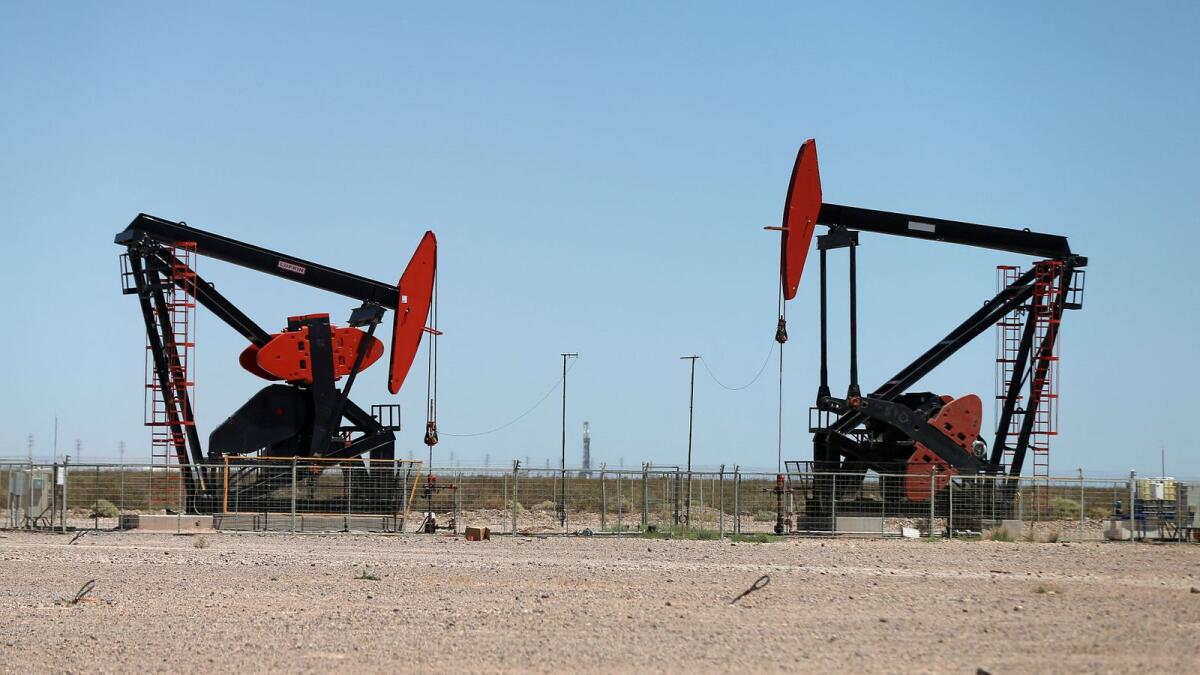Oil prices saw a slight increase on Thursday as concerns over supply disruptions due to escalating geopolitical tensions in the Middle East overshadowed fears of decreased demand following a surprise increase in US stockpiles. Brent crude oil futures rose 0.82% to $85.95 a barrel, while US West Texas Intermediate crude futures gained 0.7% to $81.47. Both benchmarks had ended slightly higher the previous day. The US Energy Information Administration reported a 3.6 million barrel rise in crude oil stocks last week, contrary to analyst expectations of a 2.9 million barrel decrease. Gasoline stocks also increased by 2.7 million barrels, compared to a forecasted drawdown of 1 million barrels.
PVM Oil analyst John Evans expressed disappointment over the data, stating that the numbers were not in favor of bullish investors expecting a tightening of the market due to seasonal demand. However, he noted that rising geopolitical tensions in the Middle East, particularly in the Israel-Hamas conflict in Gaza potentially spreading to Lebanon, supported oil prices. The escalating tensions between Israel and Lebanon’s Hezbollah have raised concerns of a wider regional conflict involving major oil producer Iran. Analysts warn that if the conflict spreads, it could have a significant impact on crude oil supplies from the Middle East, affecting global oil prices.
The ongoing geopolitical risks in the Middle East have kept oil prices supported despite the increase in US stockpiles. While the unexpected rise in US crude oil and gasoline stocks was disappointing for investors, the escalating tensions in the region have provided a bullish sentiment in the market. The potential for a wider conflict involving major oil-producing countries such as Iran has heightened concerns about supply disruptions, keeping oil prices buoyed. The market will continue to monitor the situation in the Middle East for any developments that could impact oil supply and prices.
Investors are closely watching the developments in the Middle East, particularly the Israel-Hamas conflict in Gaza and the tensions between Israel and Lebanon’s Hezbollah. The risk of a broader regional conflict involving major oil-producing countries has raised concerns about potential disruptions to crude oil supplies. Analysts warn that any escalation in the conflict could lead to a significant impact on global oil prices and supply chains. The uncertainty surrounding the situation in the Middle East has added to the volatility in the oil market, with traders responding to geopolitical events in the region.
Despite the increase in US stockpiles, oil prices have been supported by geopolitical tensions in the Middle East. The ongoing conflicts in the region, including the Israel-Hamas conflict and the tensions between Israel and Hezbollah, have kept investors on edge. The potential for a wider conflict involving major oil-producing countries like Iran has raised concerns about supply disruptions and their impact on global oil prices. Traders will continue to monitor the situation in the Middle East for any developments that could affect oil supply and demand dynamics in the market.
In conclusion, oil prices rose slightly on Thursday due to escalating geopolitical tensions in the Middle East, which offset concerns about a surprise increase in US stockpiles. While the unexpected rise in crude oil and gasoline stocks was disappointing for investors, the ongoing conflicts in the region have supported oil prices. The potential for a broader conflict involving major oil-producing countries has raised concerns about supply disruptions and their impact on global oil prices. Traders will continue to closely monitor the situation in the Middle East for any developments that could affect oil supply and demand dynamics in the market.










